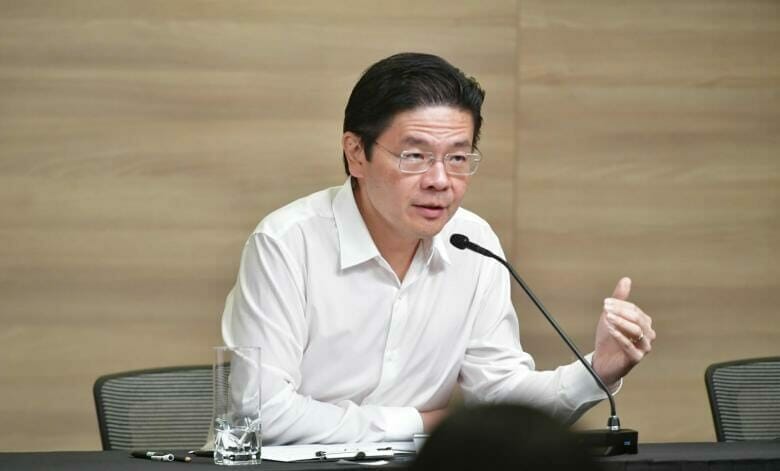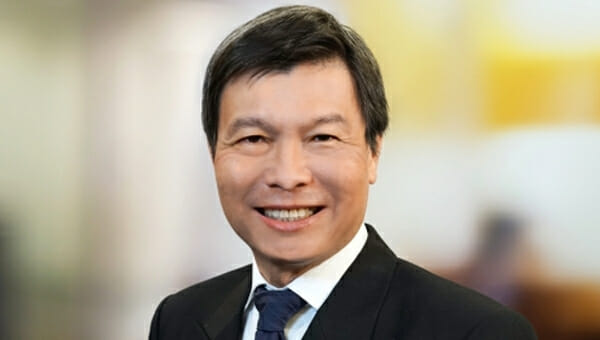
Singapore Finance Minister Lawrence Wong announced some modest changes to developer taxes
Singapore brokers welcomed a tax tweak designed to give developers flexibility as they strive to sell the final 10 percent of units at housing projects, although analysts questioned the extent of the rule change’s market impact.
Developers previously owed either a 30 percent or 40 percent additional buyers’ stamp duty on a project’s land acquisition price, with 5 percent of ABSD payable upfront and the rest eligible for remission — but only if the project sold all of its units within five years of the land purchase. Otherwise, the remitted portion would be “clawed back” by the government.
The new regime, introduced Friday in Finance Minister Lawrence Wong’s budget statement, scraps the all-or-nothing element and creates a tiered system, tapering the amount of remitted ABSD that can be clawed back as a project’s unit sales surpass 90 percent and climb towards 99 percent. The clawback continues to be subject to 5 percent interest.
Alan Cheong, executive director of research and consultancy at Savills Singapore, described the tiered clawback as “a balm to soothe developer anxiety” and “a symbolic olive branch handed out to developers”.
“As developers have an aversion to paying extra for their land, they will still hold to the existing marketing playbook of selling as many as they can upfront,” Cheong said.
Claws for Concern
For projects with land acquired between 6 July 2018 and 15 December 2021, the clawback can range from the full 25 percent if less than 90 percent of the units are sold within the five-year timeline, to as little as 15 percent if 99 percent of the units are sold.
For projects with land acquired on or after 16 December 2021, the clawback ranges from the full 35 percent to as little as 25 percent.

Alan Cheong of Savills Singapore
PropNex Realty CEO Ismail Gafoor deemed the reduction “not very significant” and gave a hypothetical example to make the point.
If a developer had bought a site for S$400 million after 16 December 2021 for a 500-unit project and failed to sell the last 1 percent of the units within five years, the clawback would amount to S$100 million plus interest — still a “substantial amount” compared with S$140 million under the prior regime, Gafoor noted.
And since most projects are fully sold within five years, the tax change is unlikely to have a significant impact, said Christine Sun, chief researcher and strategist at OrangeTee.
“Nevertheless, this change may still benefit the luxury segment more as they have been hit hardest by the ABSD increases, especially the 60 percent ABSD for foreign buyers and investors,” Sun said.
Alleviating Overhang
Assessing the impact as “positive though marginal”, CBRE observed that the clawback revision could offer a reprieve for developers and alleviate overhang, particularly for larger projects.
Builders have raised concerns over the excessive discounts and high commissions needed to clear the last few units, said Tricia Song, CBRE’s head of research for Singapore and Southeast Asia. The result is that larger sites in attractive locations may not automatically translate to high bids, as developers have to factor in higher contingency costs.
“At the same time, the staggered clawback reductions to ABSD payable could still motivate and incentivise developers to push through the offloading of their remaining units as close to 100 percent as possible,” Song said.
Leave a Reply